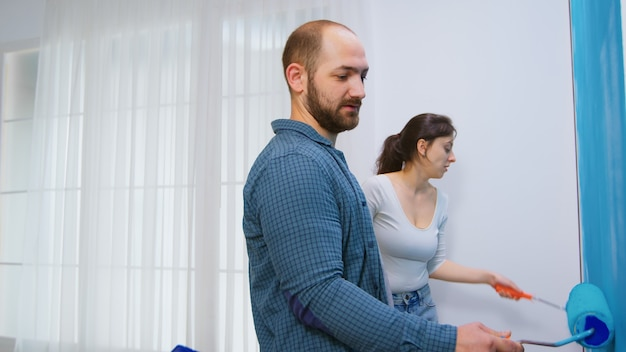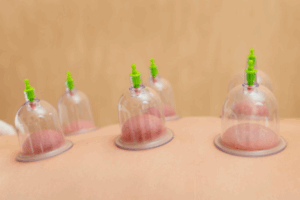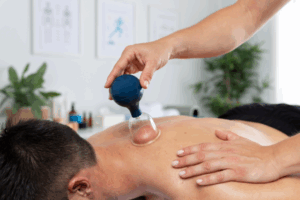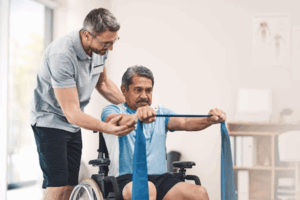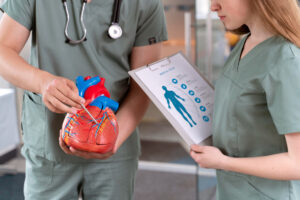Recognizing the right moment for rehab can mean earlier interventions, leading to better long-term outcomes. Consulting with healthcare providers as symptoms emerge can ensure timely and effective management. Recognizing the signs early can prevent severe disruptions in a person’s life.
Recognizing the Early Warning Signs of Bipolar Disorder
Identifying early warning signs is vital in taking the first steps toward effective rehabilitation for bipolar disorder. Common symptoms include:
- Drastic mood swings, with shifts from manic highs to depressive lows.
- Episodes of mania with increased energy and reduced need for sleep.
- Depression characterized by feelings of hopelessness.
Behavioral changes include irritability, impulsivity, and difficulty in managing responsibilities. Emotional fluctuations make it hard to maintain relationships or job performance. Mental health doctors help diagnose by observing these patterns.
Professionals use simple assessments to evaluate one’s mental health, making diagnosis easier. Understanding these signs can push individuals to seek help, potentially opting for bipolar residential treatment centers for thorough care.
The Benefits of Specialized Rehabilitation Programs for Bipolar Disorder
Specialized rehab programs offer tailored treatments for those with bipolar disorder. These programs are customized to address individual needs:
- Therapy and counseling: Help patients talk through issues and find coping strategies.
- Medication management: Essential for maintaining mood stability.
Rehabilitation provides a safe environment for recovery and ensures those with bipolar get the support they need. These benefits make rehab an important step in managing life-altering symptoms.
The combination of structured therapy and medical care assists in long-term stabilization. Access to bipolar residential treatment centers ensures that comprehensive care is always available.
Inspiring Journeys: Success Stories of Rehabilitation
Many people have found hope and stability through rehabilitation for bipolar disorder. Stories of transformation highlight the power of structured programs. Patients discuss how seeking help changed their lives.
For some, enrolling in bipolar residential treatment centers turned their mental health struggles into journeys of growth. These inspiring stories encourage other individuals to seek help. By learning from those who’ve thrived, anyone facing similar challenges might feel motivated to begin their healing journey.
Holistic Treatment Options in Bipolar Rehabilitation Centers
Holistic approaches in rehab focus on the whole person. Rehabilitation for bipolar disorder often includes:
- Diet and exercise: Proper nutrition and regular activity support mental well-being.
- Alternative therapies: Art, yoga, and mindfulness bring new ways to cope with stress.
Programs aim for a balanced approach. Patients benefit from combined traditional and holistic methods. A well-rounded plan encourages positive changes and adapts to each individual’s needs. This focus on the whole person ensures a more complete recovery.
Deciding Between Outpatient and Inpatient Rehabilitation Services
Understanding the difference between outpatient and inpatient services is important. Bipolar residential treatment centers offer inpatient care for more severe cases, providing 24/7 support. People with less severe symptoms might choose outpatient care, attending rehab during the day and returning home at night.
Individuals should evaluate their needs and consult professionals to determine the best fit. Recognizing the right level of care can significantly impact successful recovery and management of bipolar disorder.
Family Involvement: A Critical Component of Rehabilitation
Family support plays a significant role in a patient’s recovery journey. In rehabilitation for bipolar disorder, families learn how to assist their loved ones effectively. Families can participate in therapy sessions and educational workshops.
Resources and strategies are available to help families offer appropriate support. Understanding and encouragement from family members can greatly enhance recovery efforts, making the journey smoother for the patient.
Equipping Patients with Life Skills and Coping Mechanisms
Essential life skills are taught during rehab for managing daily challenges. Workshops and training sessions offer practical strategies. Skills include stress management, communication, and self-care techniques.
A supportive peer environment aids in developing these skills. Sharing experiences with others fosters a sense of community and resilience. Such support plays a crucial role in rehab, promoting successful recovery.
Tailoring Rehabilitation to Cultural and Regional Needs
Cultural sensitivity in treatment is key for effective rehabilitation. Bipolar residential treatment centers adapt strategies to fit diverse regional and cultural backgrounds. Personalized approaches ensure treatments respect individual values and beliefs.
Building Community Through Peer Support
Peer support forms a backbone of many rehab programs. Patients can participate in supportive groups, promoting shared experiences and community strength. Engaging with others fosters a supportive environment conducive to recovery.
Tackling Stigma and Fear Surrounding Rehabilitation
Fear and stigma often prevent individuals from seeking rehab. Addressing these concerns is vital, especially in areas like India. Dispelling myths and highlighting positive outcomes of rehab can encourage more people to seek help without hesitation.
Conclusion: Taking Proactive Steps Towards Bipolar Management
Recognizing the right time for rehabilitation for bipolar disorder can drastically improve quality of life. Proactive steps lead to better management through structured support and ongoing care. Resources are readily available in India for those seeking guidance, ensuring a path to recovery is always within reach.
